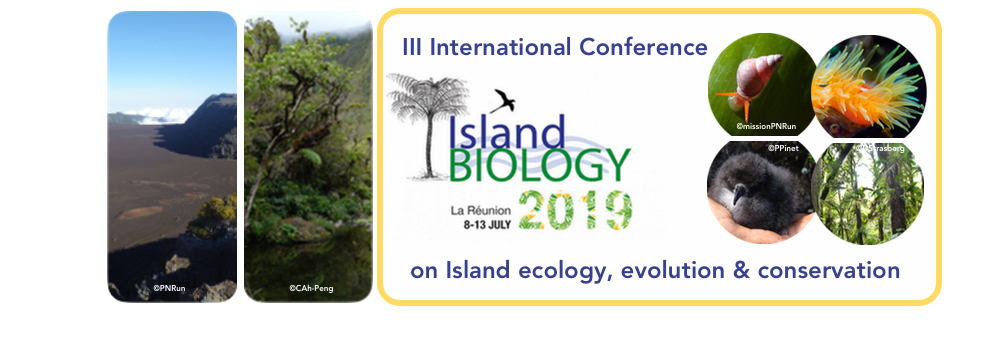Observations over La Réunion island during the past 50 years indicate a +0,17°C temperature increase per decade. It is a worldwide issue already bringing catastrophic results in ecologically vulnerable regions. Climate projections at coarse resolution have previously been exploited over the basin using the Fifth Coupled Model Intercomparison Project (CMIP5) of the Intergovernmental Panel on Climate Change (IPCC). They indicate a consistent regional warming response during the 21st century. In the RCP4.5 scenario, warming should remain in a range between +1.0 and +2.0°C (reference period 1971-2000). In the RCP8.5 (or pessimistic) scenario, temperatures could increase between +2.5°C over ocean areas and +4°C over land. Signals on future precipitation evolution are much less consistent with some contradictory signals especially during the rainy season. A large consensus nevertheless indicates a future decrease of precipitation during the winter season over the southern part of the South-West Indian Ocean (SWIO) region.
Small islands such as Mauritius, Seychelles, Comoros and La Reunion are not well represented by the coarse resolution (typically 200 km) of global climate models. To define adaptation strategies consistent with local issues (e.g., biodiversity conservation), it is therefore crucial to “downscale” (or refine) the information of global simulations at high resolution and evaluate the impacts of regional climate drivers (e.g., land/sea contrasts) at local scale over the different countries of the SWIO region.
Through the framework of the “Adapt'action” facility, a new project named BRIO (Building Resilience in the Indian Ocean) has been funded by the Agence Française de Développement (AFD), in cooperation with Météo-France and the Indian Ocean Commission (IOC). This 2018-2020 project aims at supplying long-term regional climate simulations for the Southwest Indian ocean as well as training for regional experts on that matter. One of the project's final objective is to provide a set of 21st century high quality climate-related data on a free-access online regional portal. The idea is to develop user-oriented climate services for various sectors (including health, agriculture, energy and possibly ecology) at the regional and local scale, following community feedback.
This talk will present previous projections from CMIP5 over the SWIO as well as the BRIO project.

 PDF version
PDF version
